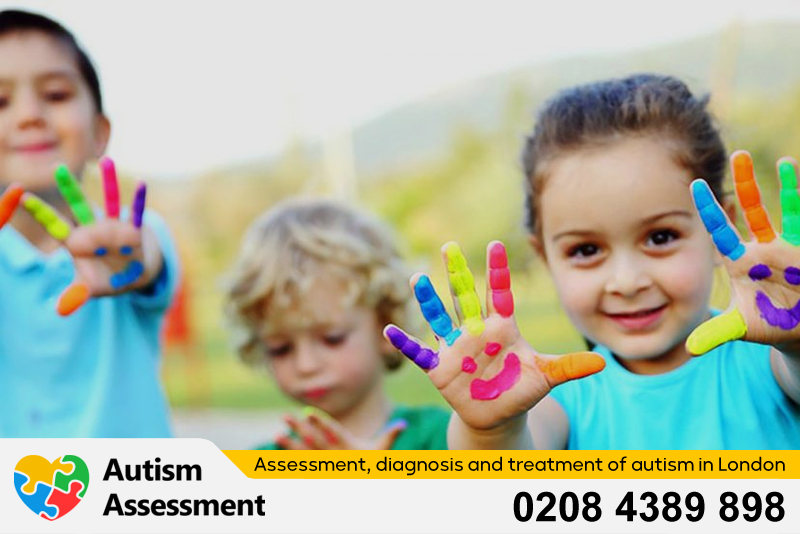Autism Spectrum Disorder (ASD) is a complex neurodevelopmental condition characterized by challenges with social skills, repetitive behaviors, speech, and nonverbal communication. According to the Mayo Clinic, there is no specific medical test or cure for autism, and treatment focuses on reducing symptoms and supporting development and learning through various therapies, medications, and interventions.
The concept of a “cure” for autism is a subject of debate within the medical community and among those affected by ASD. Many experts and advocates emphasize the importance of understanding and accepting autism as a part of an individual’s identity, rather than something that needs to be cured. Instead, the goal is often to provide support and resources to help individuals with autism lead fulfilling lives.
Recent research has explored the genetic factors associated with autism, leading to fresh insights that could potentially open new routes for prevention and possibly reversing symptoms. For example, a European research project found that injecting missing amino acids into the brains of mice with a genetic mutation linked to autism improved their social and motor skills. Additionally, a dietary supplement tested on 21 infants with autism showed positive effects. However, these findings are preliminary and require further research before any conclusions can be drawn about their applicability to humans.
Most experts agree that while there may not be a cure for autism, there are effective treatments and support systems that can improve communication, behavior, and skills. Ongoing research continues to shed light on autism, and with each discovery, the potential for new and improved forms of support emerges.
For those seeking information on supporting someone with autism, resources are available that focus on current treatments, ongoing research, and ways to enhance the quality of life for individuals with ASD. It’s essential to consult with healthcare professionals to understand the options and tailor support to each individual’s needs.
In conclusion, while the notion of a cure for autism remains complex and nuanced, the emphasis is on providing comprehensive support and embracing the unique qualities of individuals with ASD. With continued research and advocacy, the future holds promise for even more effective ways to assist those on the autism spectrum.



